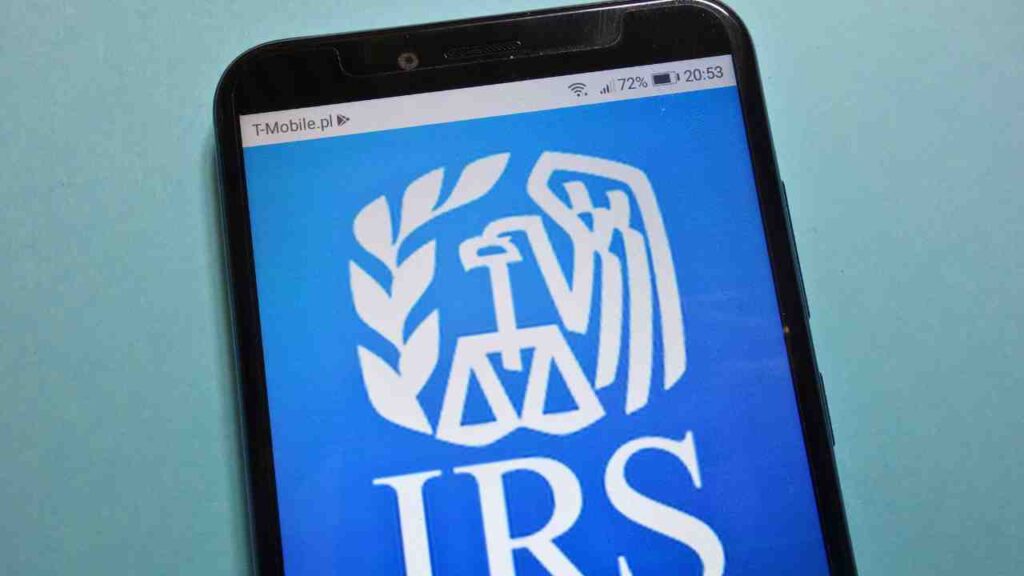Unfortunately, the IRS needs to remind taxpayers of the fact that there are charity impersonators. For your information, when your donation or website link does not go where you think it will, you will not be able to deduct donations to any fake charity. However, the Internal Revenue Service can help you find out about tax-exempt organizations.
Natural disasters happening across the United States may encourage many taxpayers to donate to help disaster victims overcome this difficult financial situation. Responding to the call to give those who need it the most is necessary, but it is also important to have a look at the charities that you can trust and will really help victims.
IRS Tax-Exempt Organization Search tool
Are you ready to donate to help those Americans in need? The IRS tips are to check if they are fake or not, and not to donate in the spur of the moment. The Tax-Exempt Organization Search tool will help you find out if the organization you would like to donate to is a charity or not.
See the link below to visit the IRS official website to look for tax-exempt organizations. Actually, there are two things you will be able to find when you are using this tool:
- In the first place, you can review information about the organization’s tax-exempt status and filings
- Secondly, eligibility to receive tax-deductible charitable contributions
So, first visit this website at: https://www.irs.gov/charities-non-profits/search-for-tax-exempt-organizations. Then, click on the “Search for Tax Exempt Organizations” button.
Steps to use the IRS tool to find eligible charities
The first thing you need to do once you are using the IRS tool for charities (tax-exempt organizations search) is select the database. The options are Pub 78 Data, Auto-Revocation list, Determination letters, Form 990-N (e-postcard), Copies of returns (990, 990-EZ, 990-PF, 990-T).
After that, the IRS will request the Organization Name or EIN (Employer Identification Number). I you choose EIN, enter the EIN number. If not, enter the name of the organization you are donating to.
Once you have entered all the information the IRS requires, click on the search button to get all the information about this organization. Depending on the database you select, you may need to enter city, state, and country as well.
Summing up, TEOS will help you verify the legitimacy of a charity, check its eligibility to receive tax-deductible charitable contributions, and last, but not least, search for information about an organization’s tax-exempt status and filings.
Have you just come across a fake charity? The IRS reminds taxpayers that they can easily report fraud. Of course, do no hesitate and report it to prevent others from falling into the impersonator’s trap.
Do not forget that apart from getting your money, a fake charity may also want to get useful information, which should never be shared and must always be kept secret.
